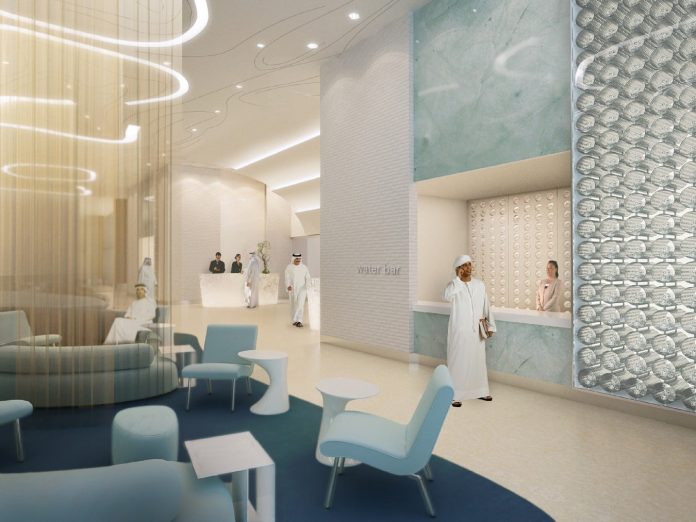
In the UAE, healthcare remains one of the fastest growing sectors, evidenced by the growing number of hospitals and clinics across the country. However, the Covid-19 pandemic has had a momentous impact on all aspects of the industry. A new KPMG report titled UAE Healthcare Perspectives: Who cares, wins offers insight into the opportunities, trends and emerging growth areas.
Healthcare-related expenditure in the Gulf grew from USD 60 billion in 2013 to USD 76 billion in 2019, and is expected to grow to a further USD 89 billion by 2022, an overall increase of nearly 50% from 2013 to 2022.
Nitin Mehrotra, Partner, Infrastructure, Government and Healthcare, commented: “While responses from local regulatory bodies to the Covid-19 pandemic were swift and thoughtfully constructed, to survive and thrive, healthcare organizations will need a well-planned approach to curtailing disruption, and its impact on national well-being and standards of care. The first edition of the UAE Healthcare Perspectives report identifies the dynamics that are likely to be crucial to understanding the future of the UAE’s healthcare sector.”
Among the dynamics impacting the present and future of the UAE’s healthcare sector, the KPMG report highlights the growth of private investment. The UAE government has been the primary investor in the country’s healthcare sector: in 2019, it funded approximately 69% of the country’s total healthcare expenditure of USD 16 billion. From 2018 to 2022, private-sector healthcare spending is forecast to increase at a cumulative annual growth rate (CAGR) of 9.5%, compared to a government contribution growth rate of 4.4%.
According to Richard Stolz, Associate Director, Transaction Services, “Some of the key drivers for increased private investments are the demand for niche specialties, the rising emergence and support for public-private participation, and increasing demand for treatment and hospital beds in an ageing population. Further, the privatization of hospitals and mandatory medical insurance, especially in Dubai and Abu Dhabi, will likely encourage spending and contribute to a more integrated health system.”
The report identifies a number of challenges and prospects, representing the ‘new normal’ for the healthcare sector. These include increased consolidation through merger & acquisition (M&A) activity in the global and regional healthcare sectors, as smaller private healthcare groups increasingly face liquidity challenges caused by the pandemic. The report also predicts the emergence of new models of healthcare, with greater digitalization and increased spending on healthcare R&D and innovation. Telehealth, the use of communication technologies to access healthcare remotely, is likely to be integrated into public private partnership (PPP) models and government healthcare systems.
The latest Medical Tourism Index Ranking places Dubai sixth and Abu Dhabi eighth in the rankings of leading global destinations for medical tourism. According to the KPMG report, inbound medical tourism in the UAE has been growing steadily, with visitors seeking treatment ranging from major surgery to rehabilitation, to cosmetic corrections.
While the UAE’s healthcare infrastructure is rapidly improving, some specialties remain underserved, such as maternity, paediatrics, elderly care, fertility, one-stop primary care centres, and diabetes. Given the increased occurrence of lifestyle diseases such as diabetes in the UAE, there is an opportunity to significantly improve the population’s general wellbeing with enhanced, relevant primary care offerings such as neighborhood day care centers for initial diagnosis and treatment, before medical issues become complex or life-threatening.





























